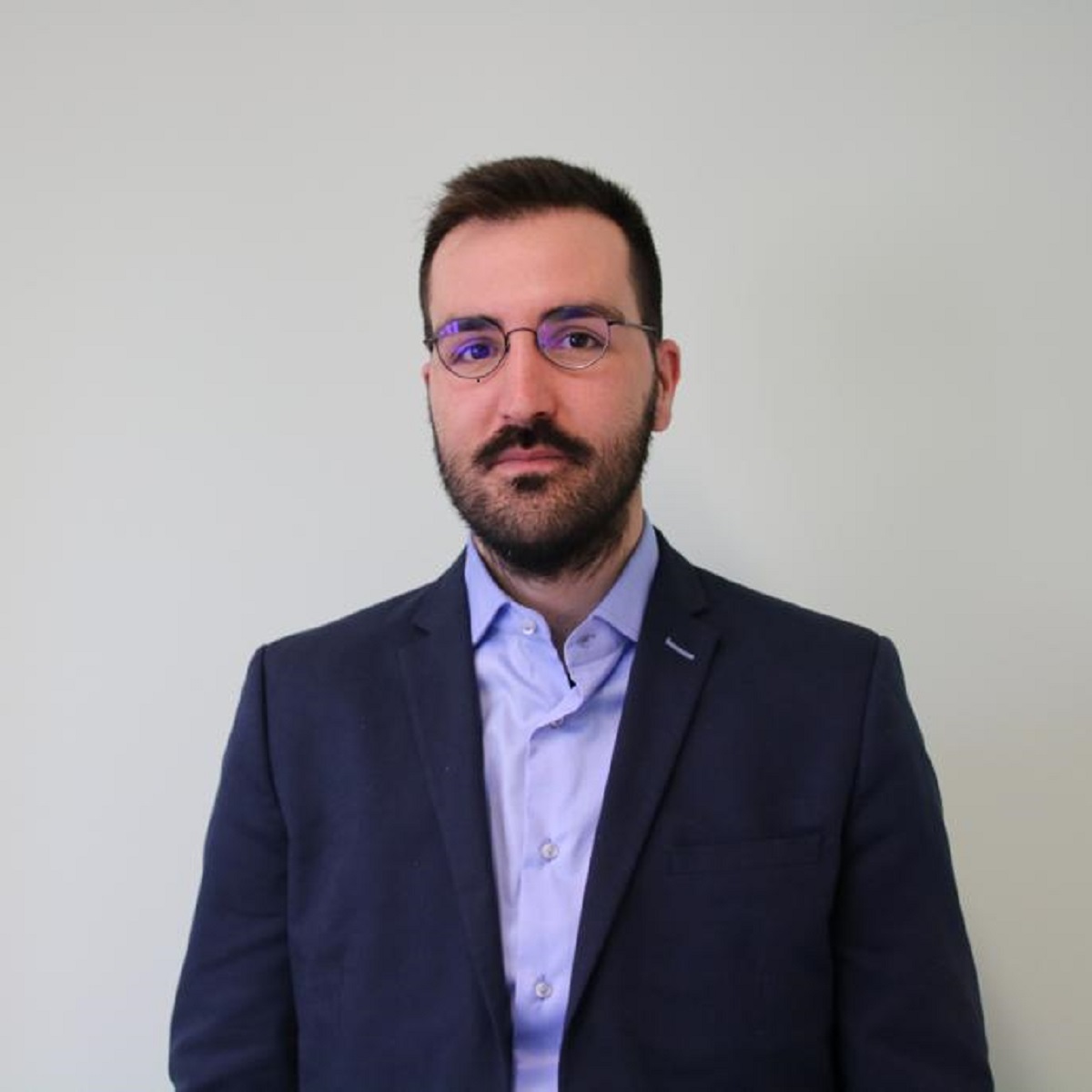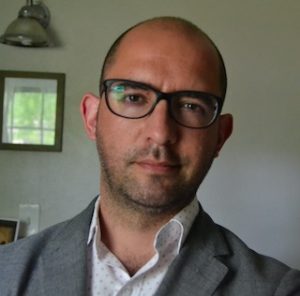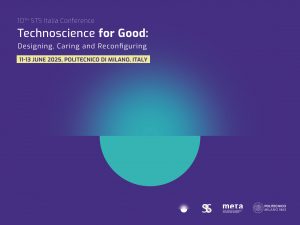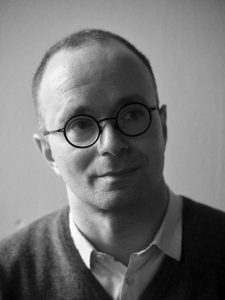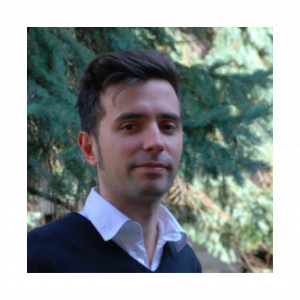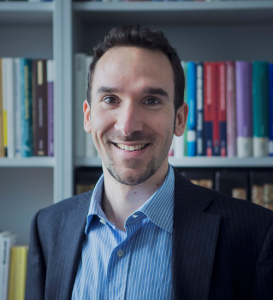Date: 20 October 2025 Time: 17:00 Venue: Aula Bio – Building 21 (Second Floor, via Golgi 39)
Abstract
Once the preserve of publicly funded institutes, research in nuclear fusion is being increasingly undertaken by private companies. Until a few years ago, efforts in this area were catalyzed by the International Thermonuclear Experimental Reactor (ITER), but this intergovernmental project’s dominance has recently been challenged by dozens of start-ups that claim they can build their own reactors as an alternative to ITER’s, through a faster, cheaper, smaller-scale approach. How can this sharp change in research strategy be explained? This lecture presents a qualitative analysis of discourses on the evolving political economy of fusion research, using the theory of sociotechnical imaginaries to illuminate the contrasting visions underlying the two approaches. The analysis shows that while ITER embodies a “just fusion” imaginary aiming to develop fusion as a common good, the private fusion movement reflects a “fast fusion” imaginary subordinating energy justice to market efficiency. The clash of fusion imaginaries is critically discussed to shed light on its implications for the global energy transition.
Alessio Giacometti obtained a PhD in Social Sciences from the University of Padua, Italy, where he specialised in Science and Technology Studies, Social Science Energy Research, and Environmental Sociology. During his PhD, he conducted extensive mixed-methods research into public discourse surrounding nuclear fusion. Since 2022, he has been a member of the Socio-Economic Studies (SES) working group on fusion energy at EUROfusion. In this role, he has co-authored numerous articles on public perceptions and the social acceptability of fusion energy. He also regularly contributes to several online cultural magazines as a science writer.

